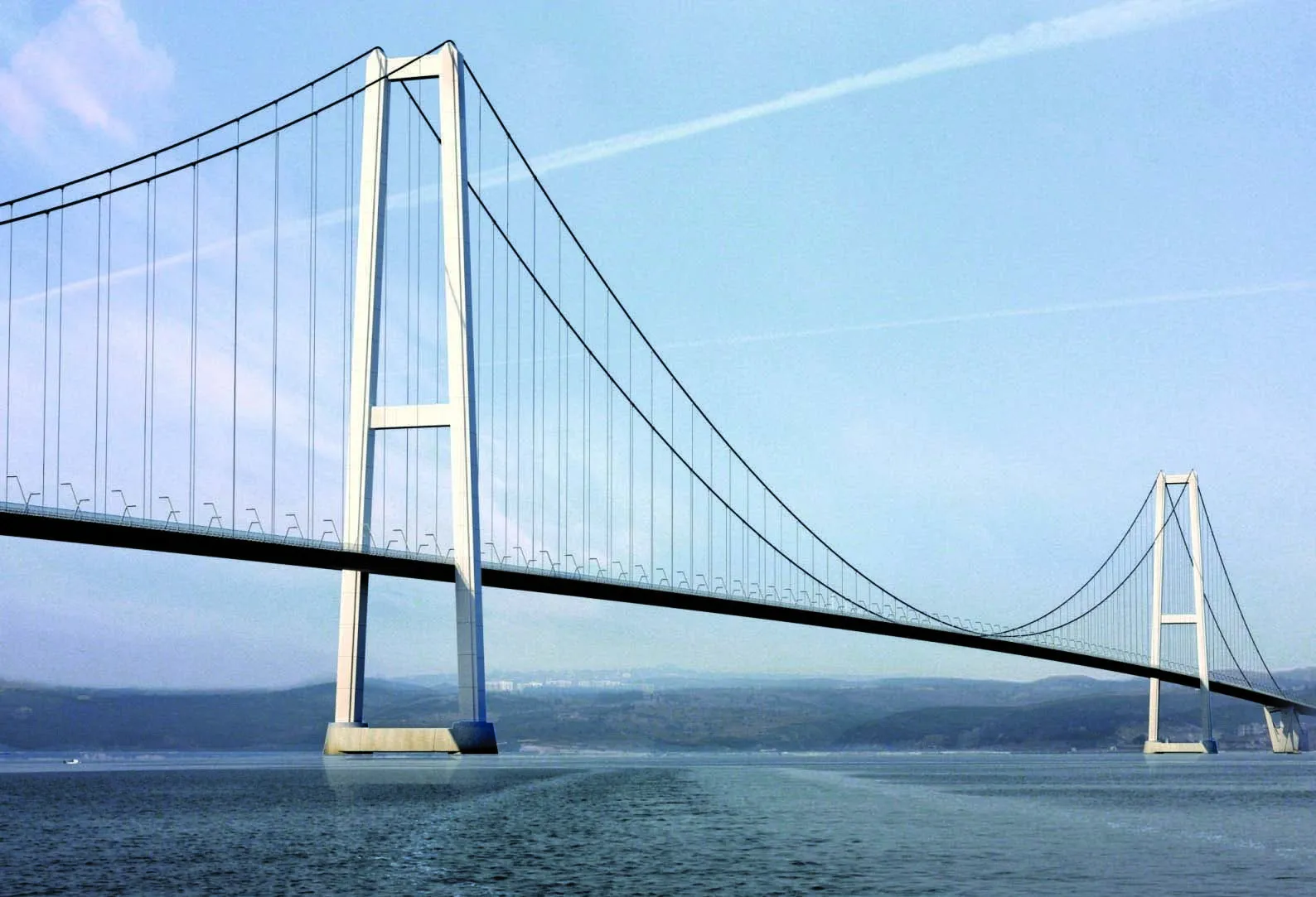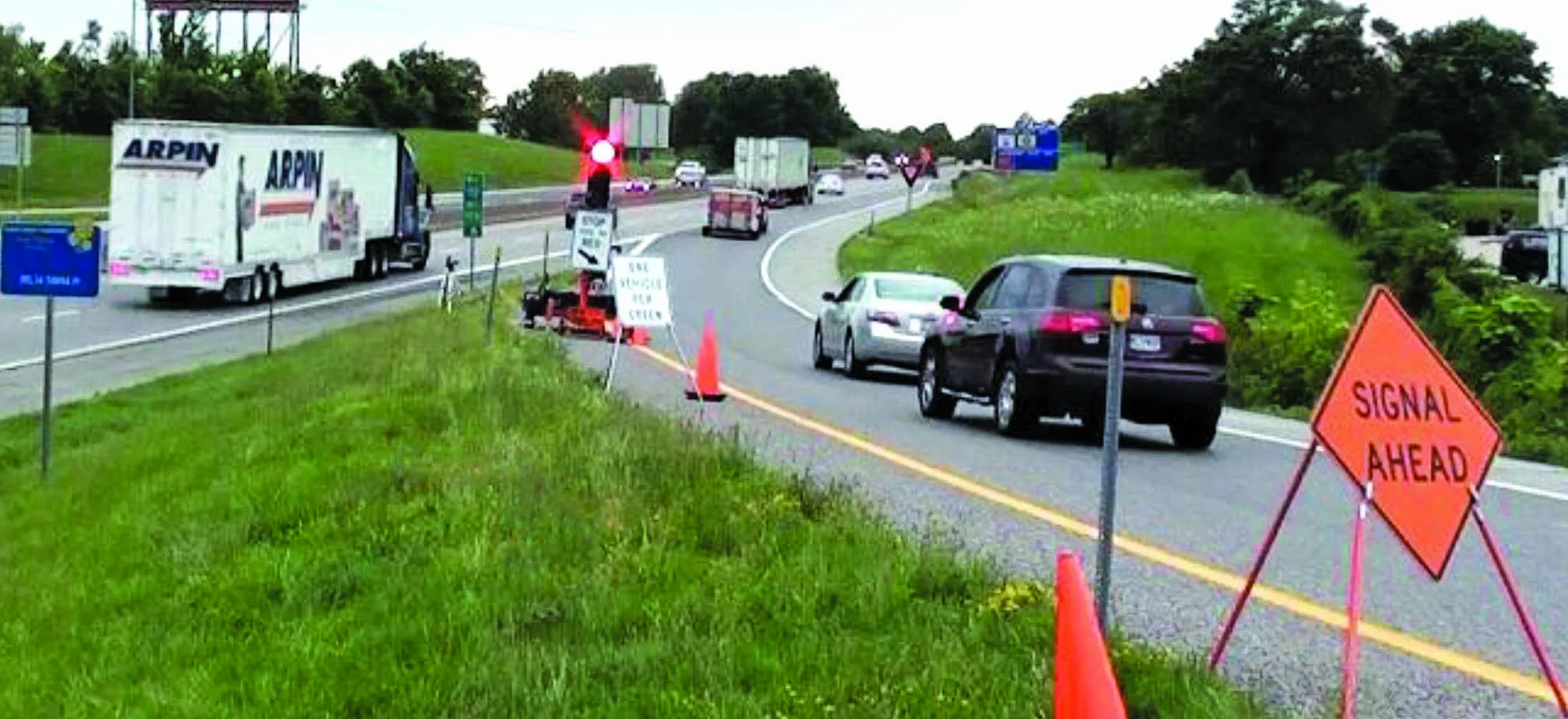UAE’s Pavement and Asset Management System. The Federal Road Network of the United Arab Emirates (UAE) comprises 670km of roads, mainly highways, with 3,100 lane-km. These roads connect the Northern Emirates (Ajman, Fujairah, Ras Al Khaima, Sharjah and Umm Al Quwaim) with the Emirate of Dubai and Oman.
Knowing the importance of preserving these strategic road links, the UAE’s Ministry of Public Works started the implementation of an Asset and Pavement System in June 2012. The Road Department embarked on
March 8, 2016
Read time: 3 mins
UAE’s Pavement and Asset Management System
The Federal Road Network of the United Arab Emirates (UAE) comprises 670km of roads, mainly highways, with 3,100 lane-km. These roads connect the Northern Emirates (Ajman, Fujairah, Ras Al Khaima, Sharjah and Umm Al Quwaim) with the Emirate of Dubai and Oman.
Knowing the importance of preserving these strategic road links, the UAE’s Ministry of Public Works started the implementation of an Asset and Pavement System in June 2012. The Road Department embarked on maintenance activities for all road assets to increase their lifespans and safety levels. This action promoted cost-saving measures and ensured satisfactory results while matching an excellent policy established by HE Sheikh Khalifa Bin Zayed, president of the United Arab Emirates.
The main steps taken as part of implementation were to conduct a thorough inventory of the data and condition of these assets, including their skid resistance levels, roughness and any signs of rutting and cracking. Traffic counts and load observations were also conducted, using temporary counting stations at junctions and dynamic weigh-in-motion stations. This information was fed into geographic information systems available to Ministry staff through fixed and mobile applications.
In parallel, tests were conducted to evaluate several alternative asphalt procedures. This included use of geo-composites to avoid crack reflection; use of polymer modified bitumen to reduce rutting; crack sealing with colored resins; hot recycling using a mixture of existing asphalt and rejuvenators; application of reflective paint in assets like metal guardrails and concrete barriers.
The resulting system was successfully used to improve the operational needs of the Road Department, including asphalt maintenance for several road sections, improvements in cross-sections for new and maintained test segments and sharing asset and traffic data with other agencies. The asset management system will also support enhancements to the UAE’s Federal Road Network, notably through the construction and operation of a control centre where different divisions of the Ministry will be working together to improve the safety and fluidity of road traffic.
"To win the3918 IRF Washington GRAA provides high motivation to look for continuous improvement in all the tasks related to our Department — especially those linked to the Maintenance and Management of our roads and road networks.” HE. Eng. Zahara Salman Alaboodi Acting Deputy Minister, Ministry of Public Works, UAE
The Federal Road Network of the United Arab Emirates (UAE) comprises 670km of roads, mainly highways, with 3,100 lane-km. These roads connect the Northern Emirates (Ajman, Fujairah, Ras Al Khaima, Sharjah and Umm Al Quwaim) with the Emirate of Dubai and Oman.
Knowing the importance of preserving these strategic road links, the UAE’s Ministry of Public Works started the implementation of an Asset and Pavement System in June 2012. The Road Department embarked on maintenance activities for all road assets to increase their lifespans and safety levels. This action promoted cost-saving measures and ensured satisfactory results while matching an excellent policy established by HE Sheikh Khalifa Bin Zayed, president of the United Arab Emirates.
The main steps taken as part of implementation were to conduct a thorough inventory of the data and condition of these assets, including their skid resistance levels, roughness and any signs of rutting and cracking. Traffic counts and load observations were also conducted, using temporary counting stations at junctions and dynamic weigh-in-motion stations. This information was fed into geographic information systems available to Ministry staff through fixed and mobile applications.
In parallel, tests were conducted to evaluate several alternative asphalt procedures. This included use of geo-composites to avoid crack reflection; use of polymer modified bitumen to reduce rutting; crack sealing with colored resins; hot recycling using a mixture of existing asphalt and rejuvenators; application of reflective paint in assets like metal guardrails and concrete barriers.
The resulting system was successfully used to improve the operational needs of the Road Department, including asphalt maintenance for several road sections, improvements in cross-sections for new and maintained test segments and sharing asset and traffic data with other agencies. The asset management system will also support enhancements to the UAE’s Federal Road Network, notably through the construction and operation of a control centre where different divisions of the Ministry will be working together to improve the safety and fluidity of road traffic.
"To win the








